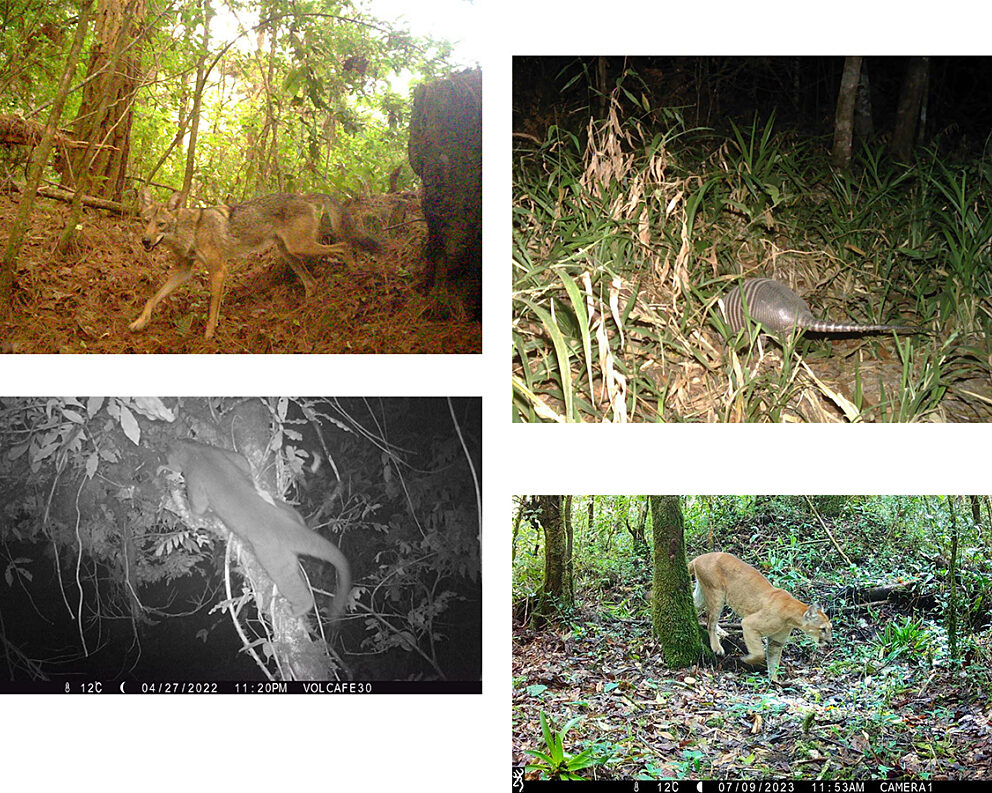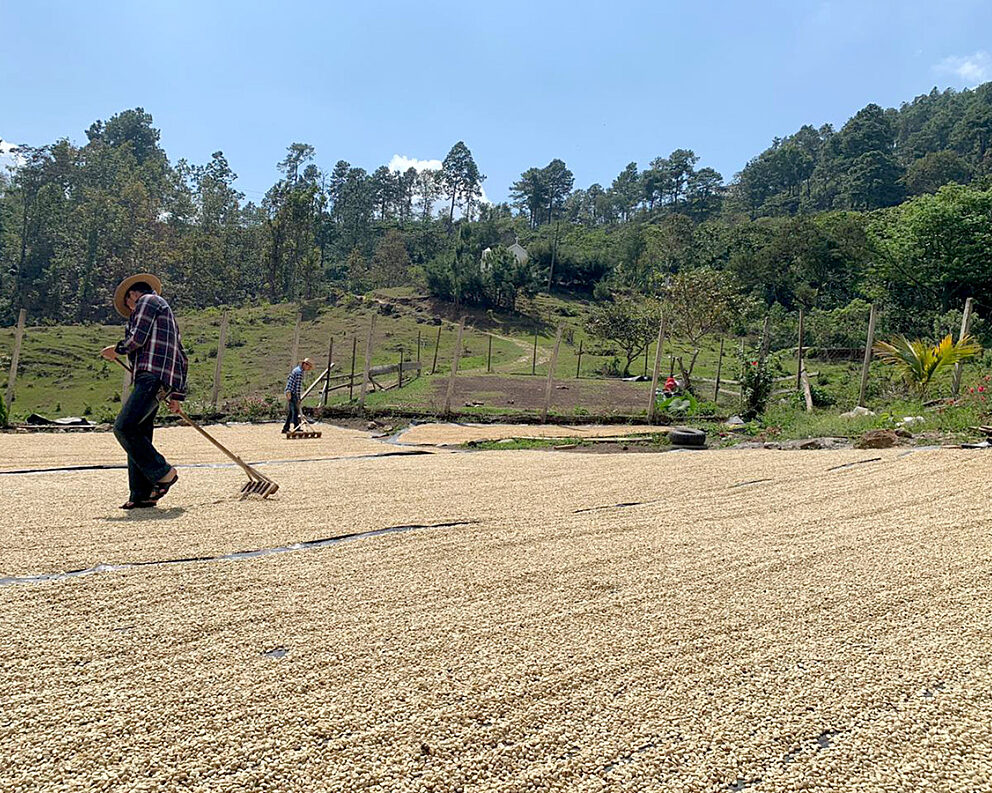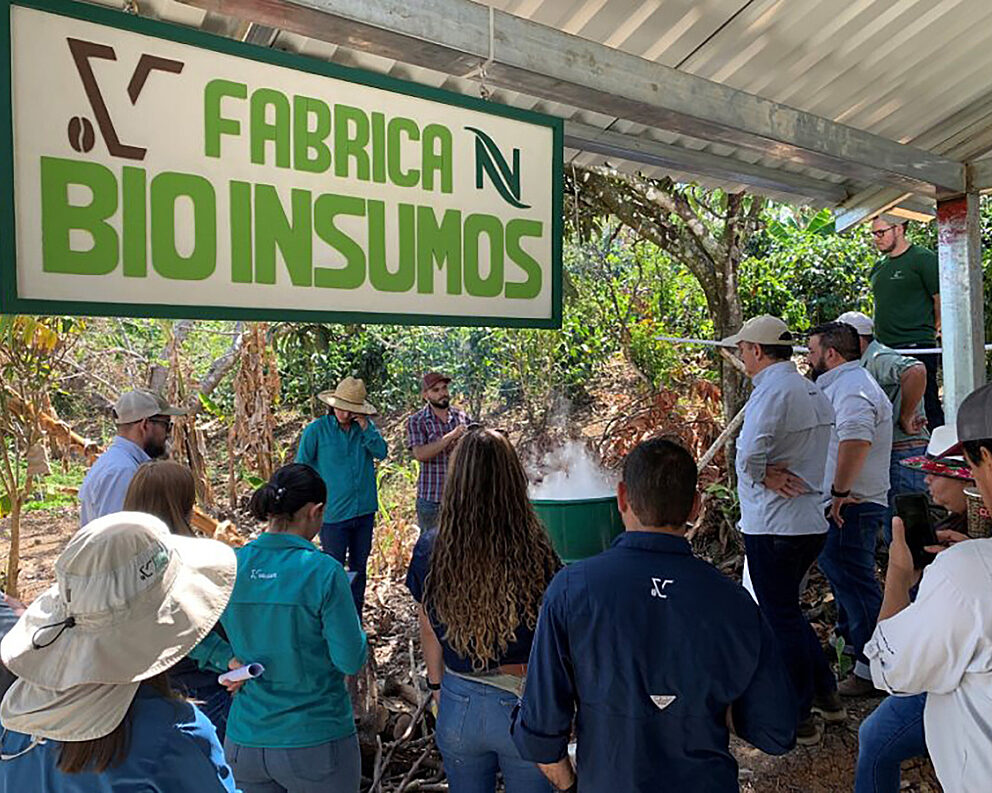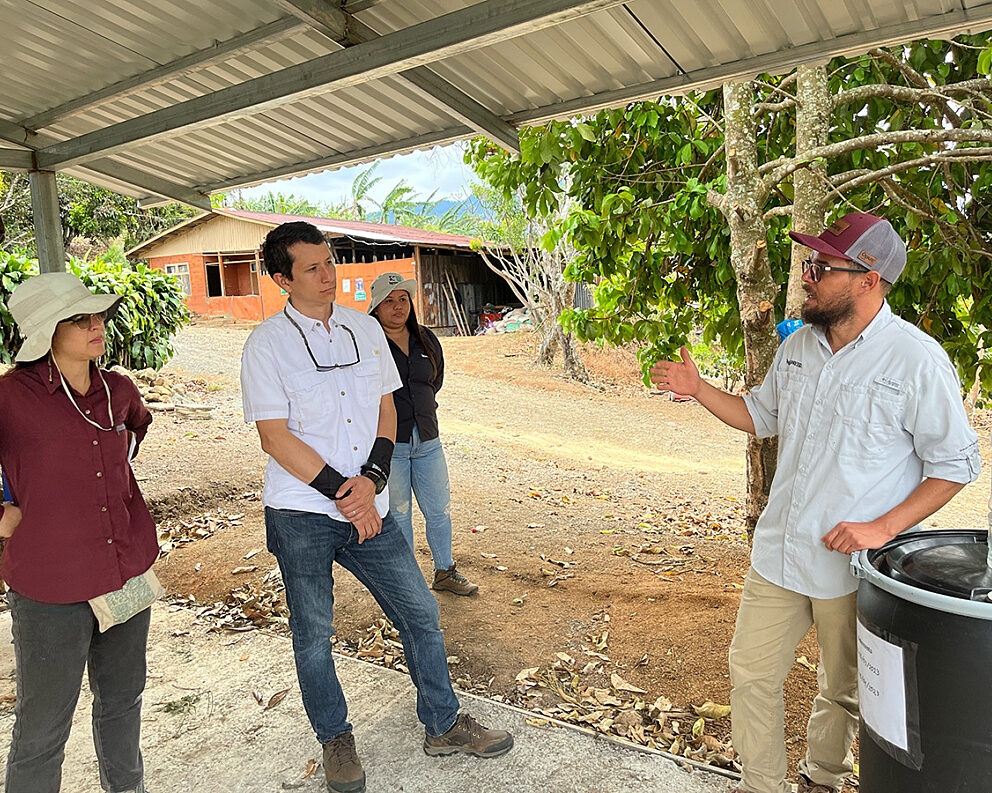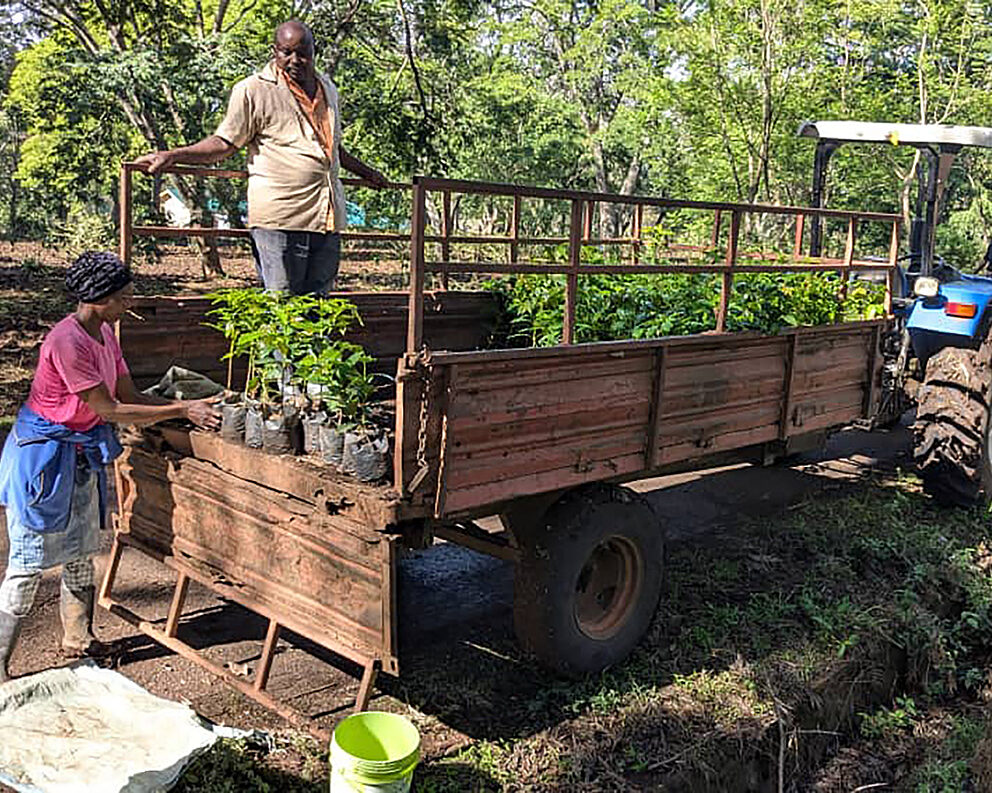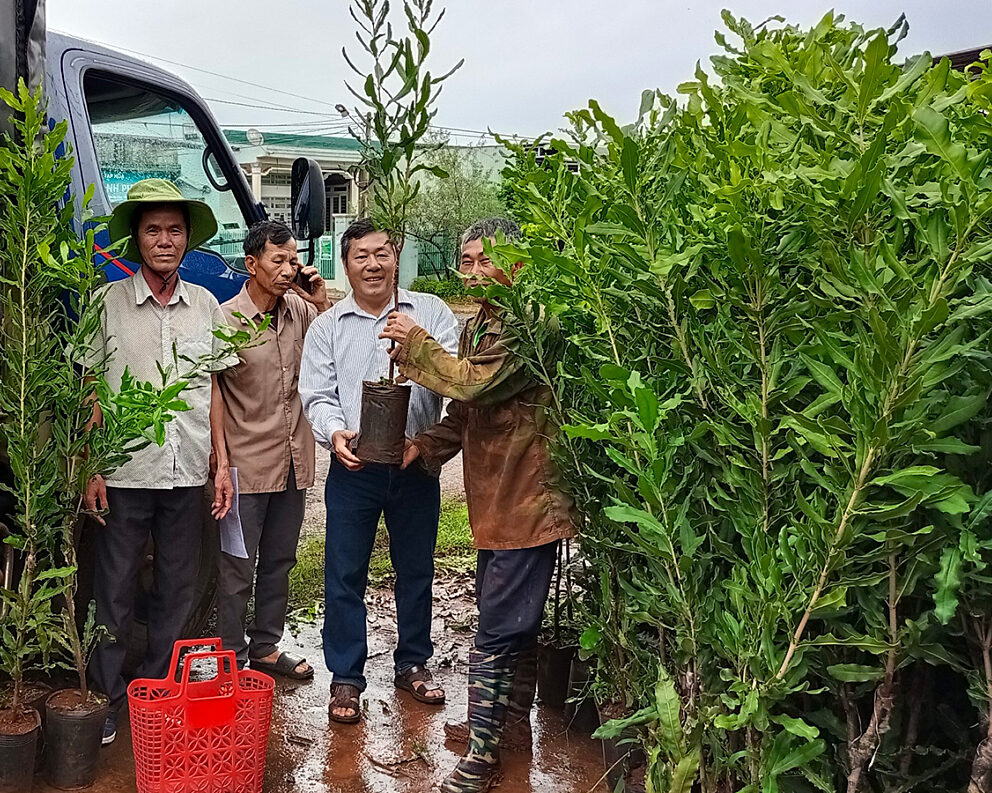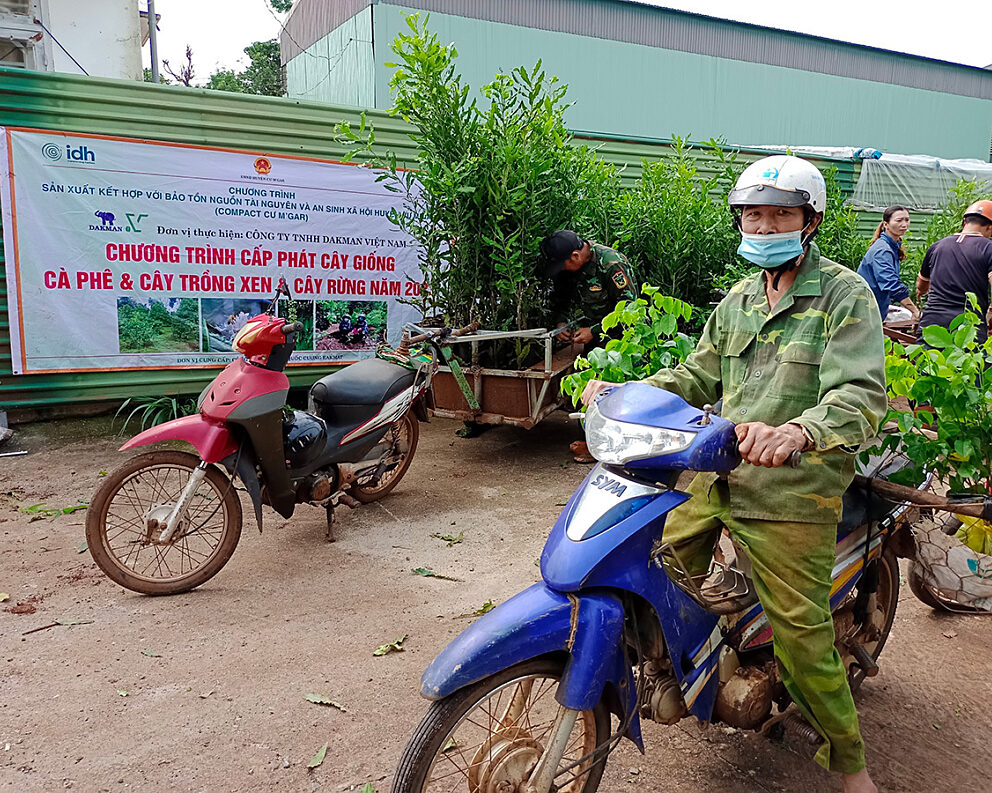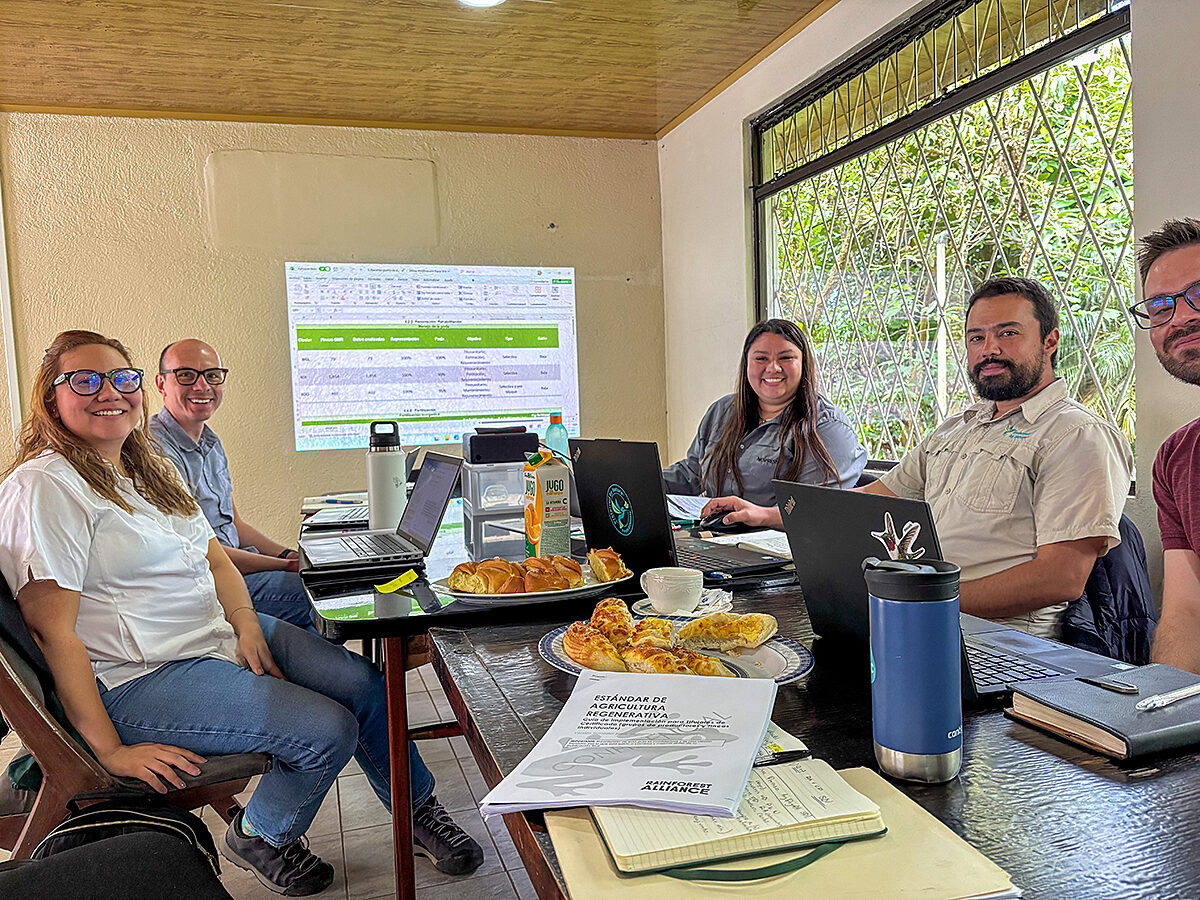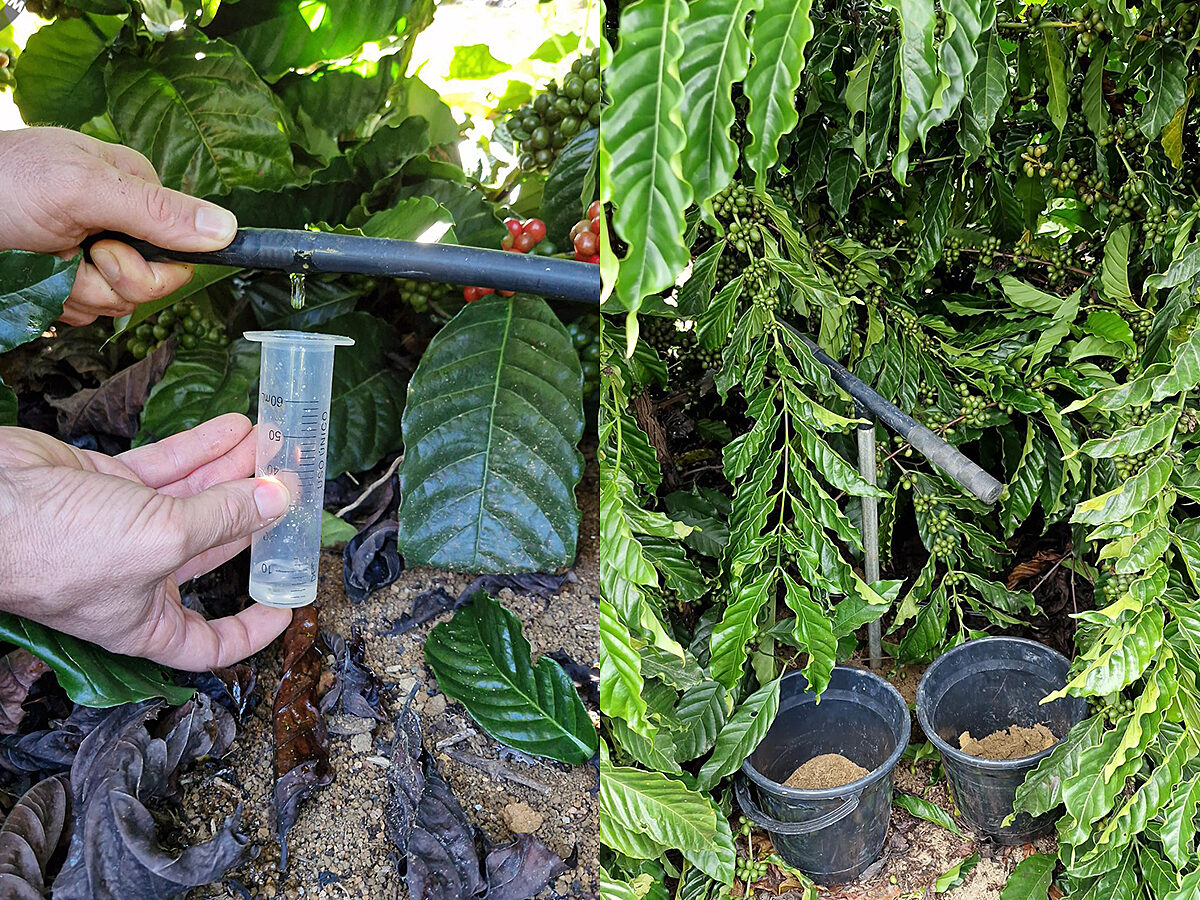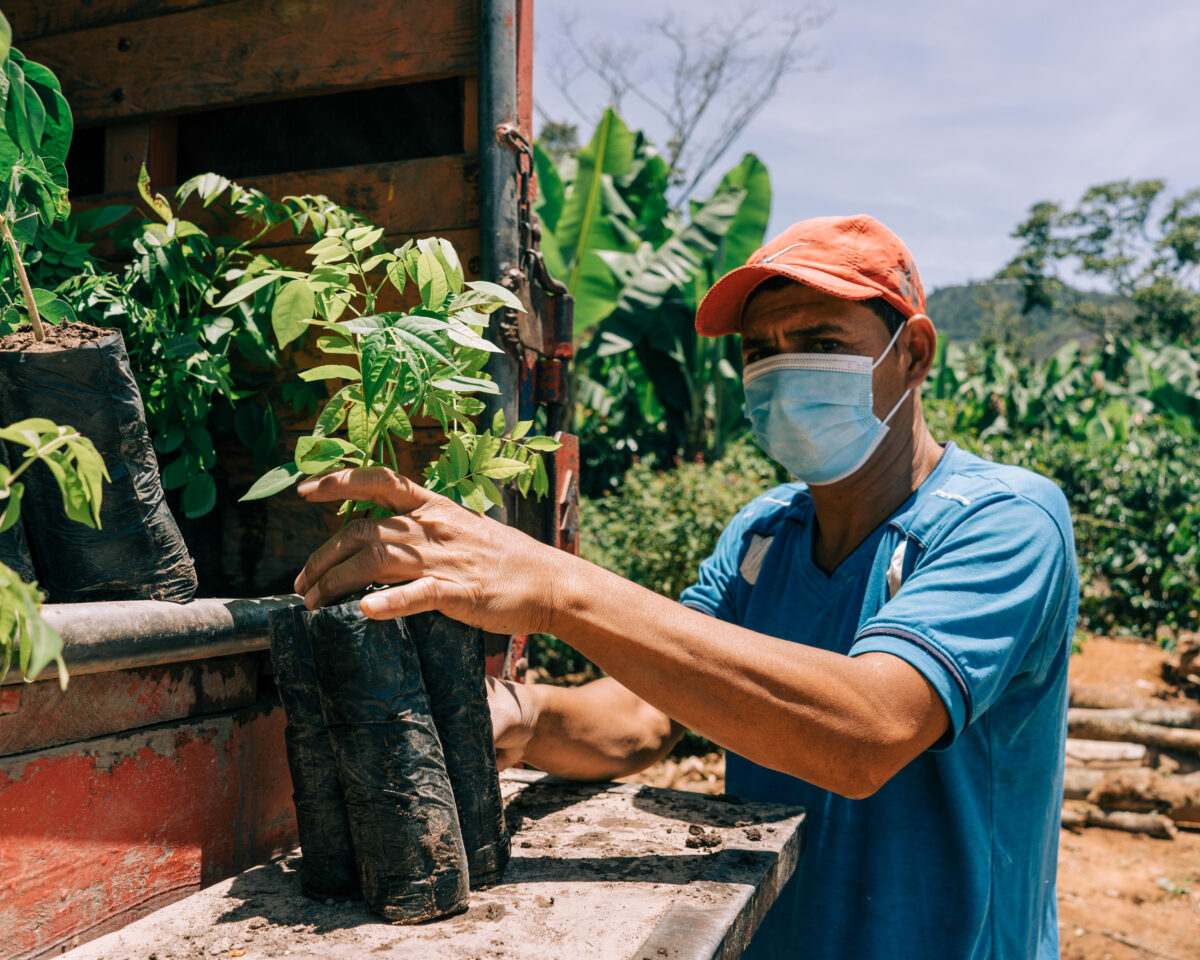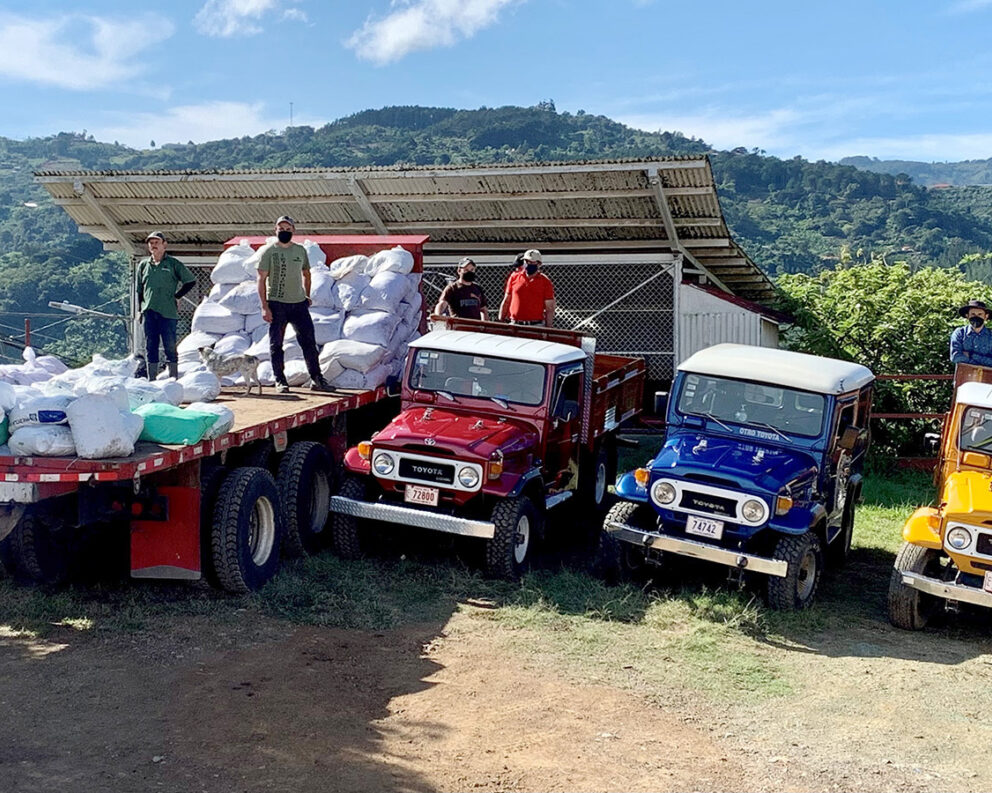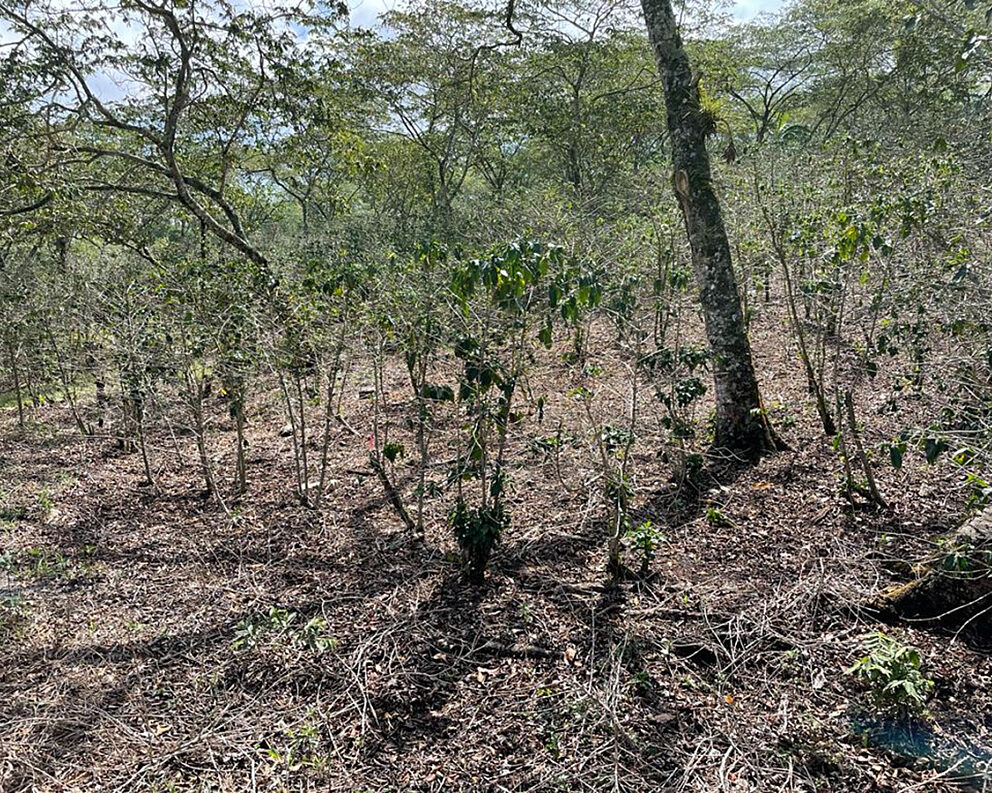Five ways Volcafe is promoting biodiversity
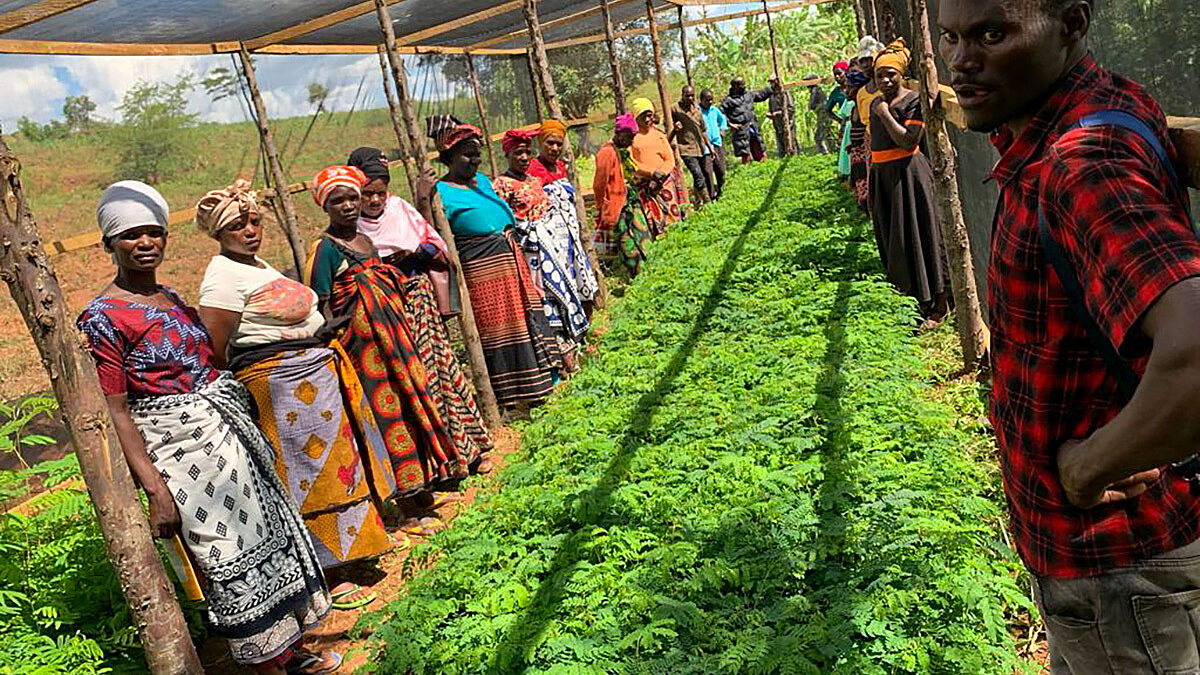
From bees to bio-factories to puma preserves, we explore ways to boost biodiversity while supporting coffee farmers
As the world confronts the climate crisis, it’s become clearer than ever that we all have a role to play in achieving the delicate balance that promotes and preserves biodiversity while also enabling people to live dignified lives.
At Volcafe, we work closely with coffee farmers around the world. Our on-the-ground Volcafe Way teams provide tailored support to tens of thousands of farmers in 11 countries. These specialists speak regularly with farmers, know the local conditions, and provide training on new agricultural practices that improve productivity while respecting nature.
Here, we embark on a quick tour through some of the ways Volcafe and coffee farmers are promoting biodiversity and safeguarding nature.
1. Natural habitat recovery in Guatemala
Since 2019, our Guatemalan company Peter Schoenfeld has partnered with the nonprofit Panthera on a project to preserve the natural habitat in the Sierra de las Minas mountain range. The Puma project works with some 75 coffee farmers who have set up a community nursery that grows several fruit tree species which, when planted, benefit both the local ecology and the farms. The aim is to promote a co-existence of coffee farming, forests, and the rich diversity of animals that call the region home.
Remote trap cameras set up by Panthera have photographed over 30 species of animals, including armadillos, coyotes, margay, many birds, and even the elusive puma that lends its name to the project. The cameras also helped to reveal the presence of the nocturnal kinkajou/micoleon (also called honey bear, or Potos flavus), a small mammal that was not previously known to inhabit this mountainous region. The resulting coffee has proven popular with customers who value the contribution of these farmers to habitat preservation and protection.
2. Bio inputs in Costa Rica
In 2023, members of our Costa Rican Volcafe Way farmer support team attended a specialised three-month course on creating organic inputs for farming and then shared their new knowledge with colleagues. The techniques emphasise using resources available at most farms – materials like cow manure, beneficial fungi, garlic, or peppers – and can be scaled up through small bio-factories installed at farms in partnership with a roaster.
Working with ten Volcafe Way business model farms, our farmer support teams ran workshops where farmers from the surrounding areas could learn to produce three different biological inputs: a mixture of beneficial microorganisms that can be sprayed on coffee plants and soil as a probiotic, a fermented liquid fertiliser, and an insect repellent made from plant extracts.
‘Since the workshops were held and the bio input factories were established, more and more famers have opened up to the idea of producing their own products,’ explains Riley Thomson, Farmer Support Organisation Manager with Volcafe in Costa Rica. ‘It is helping reduce pesticide use and promoting soil biodiversity.’
Biodiversity and climate change
Biodiversity encompasses the staggering variety of life on earth, from bacteria and microorganisms to birds, fish, and mammals, and plankton through to forests and coral reefs. This biological richness creates the conditions for continued life, but when biodiversity is threatened the opposite occurs: natural ecosystems that sustain life are disrupted and begin to break down, much like a machine does when key parts are removed.
Human activity depends on biodiversity – for clean air and water, for livelihoods linked to forests and seas and agriculture. Without proper care, human activities can trigger biodiversity loss through the damage caused by pollution, deforestation, overextraction, soil depletion, and other practices. This can accelerate climate change, with natural carbon sinks becoming emitters and shifting weather patterns affecting all species’ ability to live as they once did. Conversely, when we preserve nature and promote biodiversity, it can work as a bulwark against climate change.
3. Agroforestry and shade trees in Tanzania, Vietnam, and elsewhere
Another way to promote biodiversity at coffee farms is to mix different types of trees among the coffee plants – these ‘service trees’ not only provide helpful shade for the coffee, but also support healthy soil and can yield other products which farmers can sell or consume themselves, like fruit and nuts. The broader mix of flora can also attract a greater variety of fauna.
In Tanzania, our local company Taylor Winch Tanzania has worked to raise shade tree seedlings and distribute these to coffee farmers. By setting up tree nurseries and working with AMCOS (local cooperatives), our team has been able to distribute over 160,000 shade tree seedlings to 8,200 farmers since 2022. Along with the seedlings, farmers receive training on agroforestry, regenerative agricultural practices, and the importance of shade to coffee trees. As the seedlings grow into trees, they boost biodiversity in coffee-growing areas.
In Vietnam, Volcafe and a roaster partner have supported 4,000 farming households by providing intercropping advice and over 65,000 shade tree seedlings since 2022. These include durian, macadamia, and other tree species, offering farmers a potential secondary revenue stream while also improving soil health at the farms.
Our Volcafe Way programme advises farmers on locally appropriate agroforestry practices in many countries, including Colombia, Honduras, and Uganda.
4. Beehives in Colombia
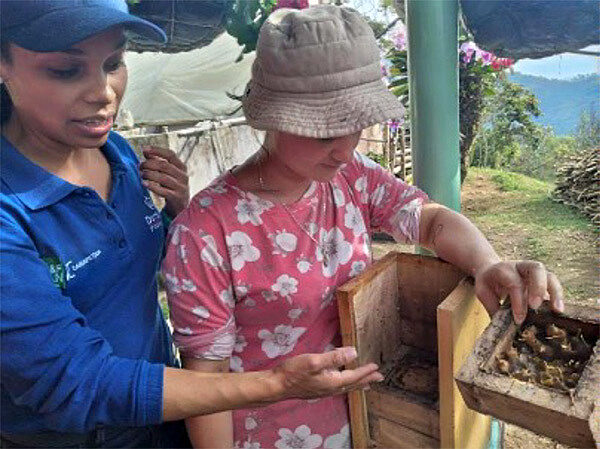
In Colombia, our field teams have helped install beehives at about 100 coffee farms in partnership with some of our roaster clients. The farmers received training from an expert beekeeper as well as beehives at selected farms or support to locate existing honeycombs at farms and install these in protective beehive boxes.
A thriving hive and its resident bees help to pollinate plants in the surrounding area: the bees from one hive can typically reach approximately 15 neighbouring farms, aiding coffee, avocado, and other plants. The Apis Melipona bee species is especially suited to the farms, as they do not sting and thus less equipment is needed to keep their hives.
The bees also act as a natural insecticide at coffee farms, providing farmers an alternative to chemical treatments. Honey resulting from the hives also improves farmers’ food security, replacing some of the sugar they otherwise have to buy.
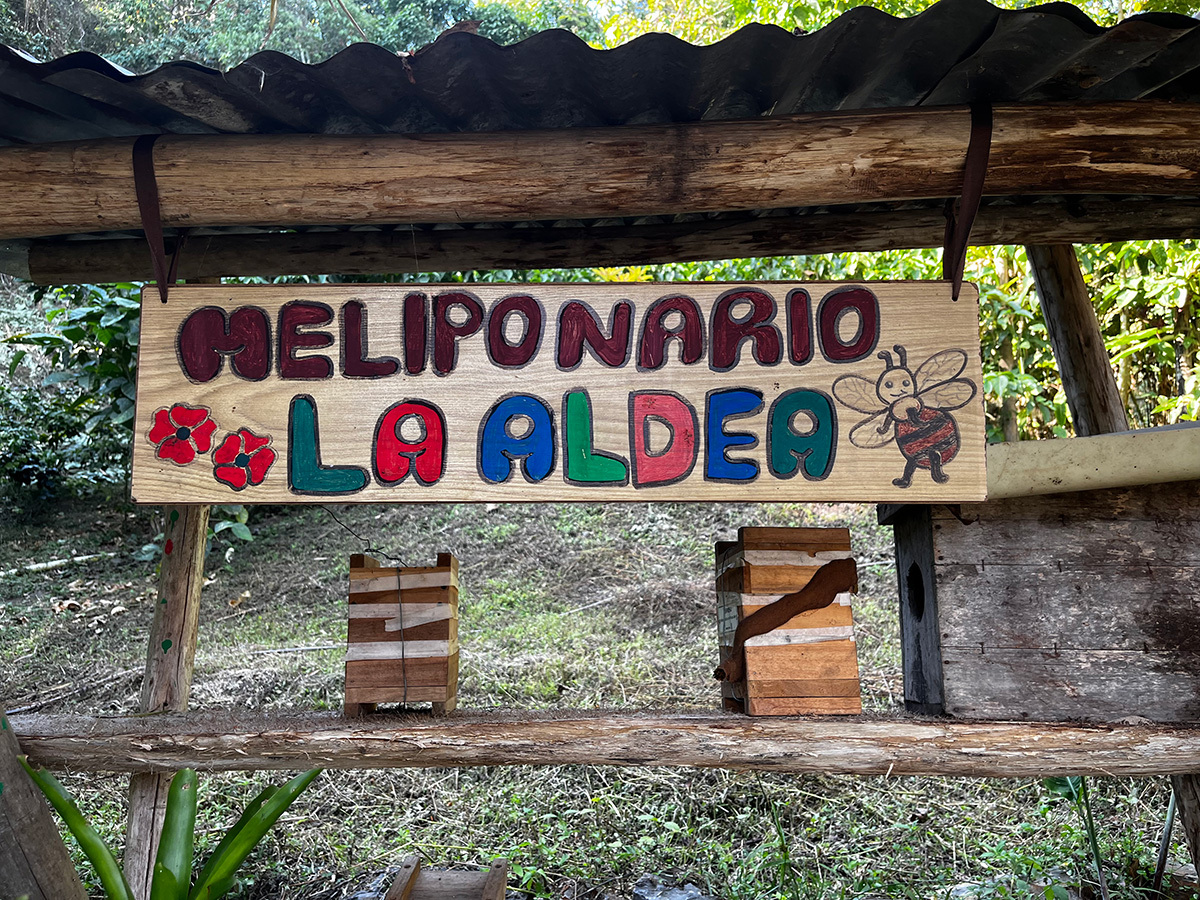
5. Teaming up in Brazil
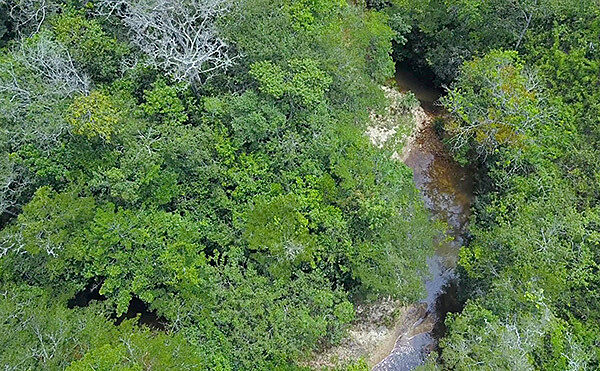
In 2021, Volcafe Brazil became a partner in the Consórcio Cerrado das Águas, an initiative that joins up efforts to promote conservation and habitat protection in the Cerrado Mineiro region. The CCA involves companies, government, and civil society groups in a multi-sector effort to combat climate change.
The Volcafe Brazil team has focused on providing technical support to farmers to enable their transition toward less resource-intensive smart agriculture. We’ve also donated trees as part of a wider effort to protect local water sources in the region.
Marie Renou-Ullrich, Head of Marketing and Communications, email hidden; JavaScript is required


